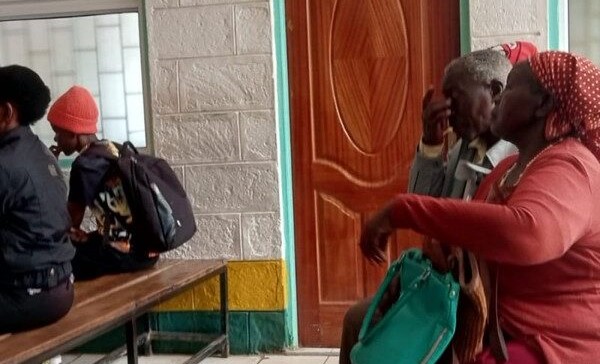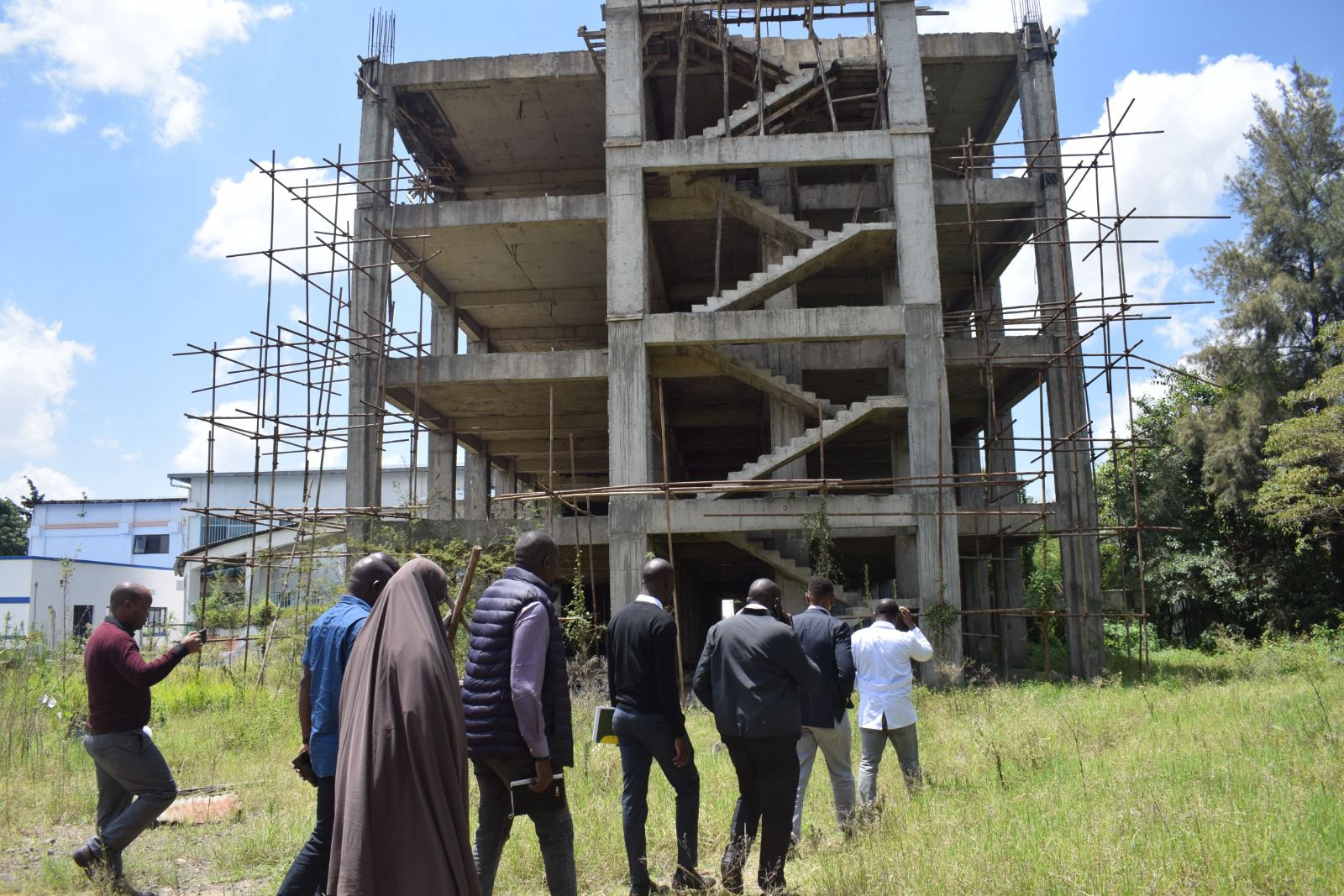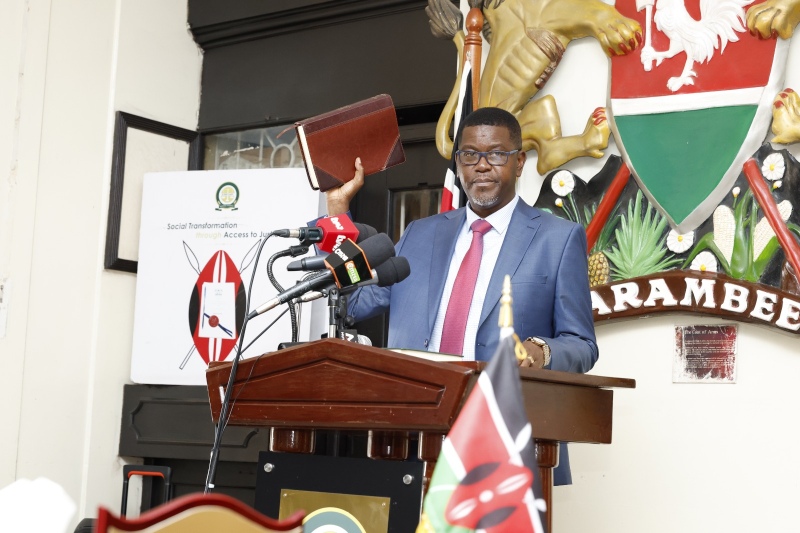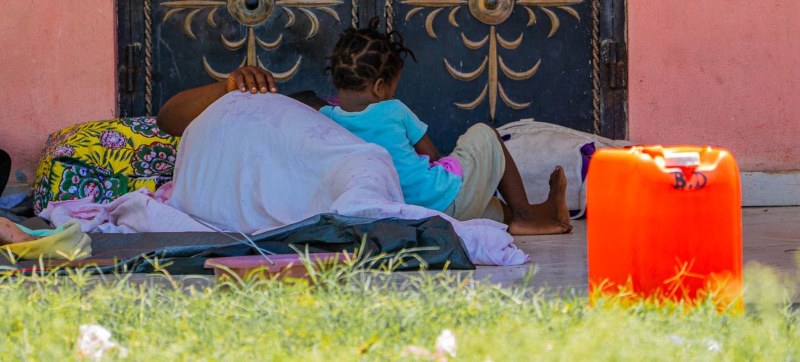DR Congo soldiers sentenced to death for fleeing battle
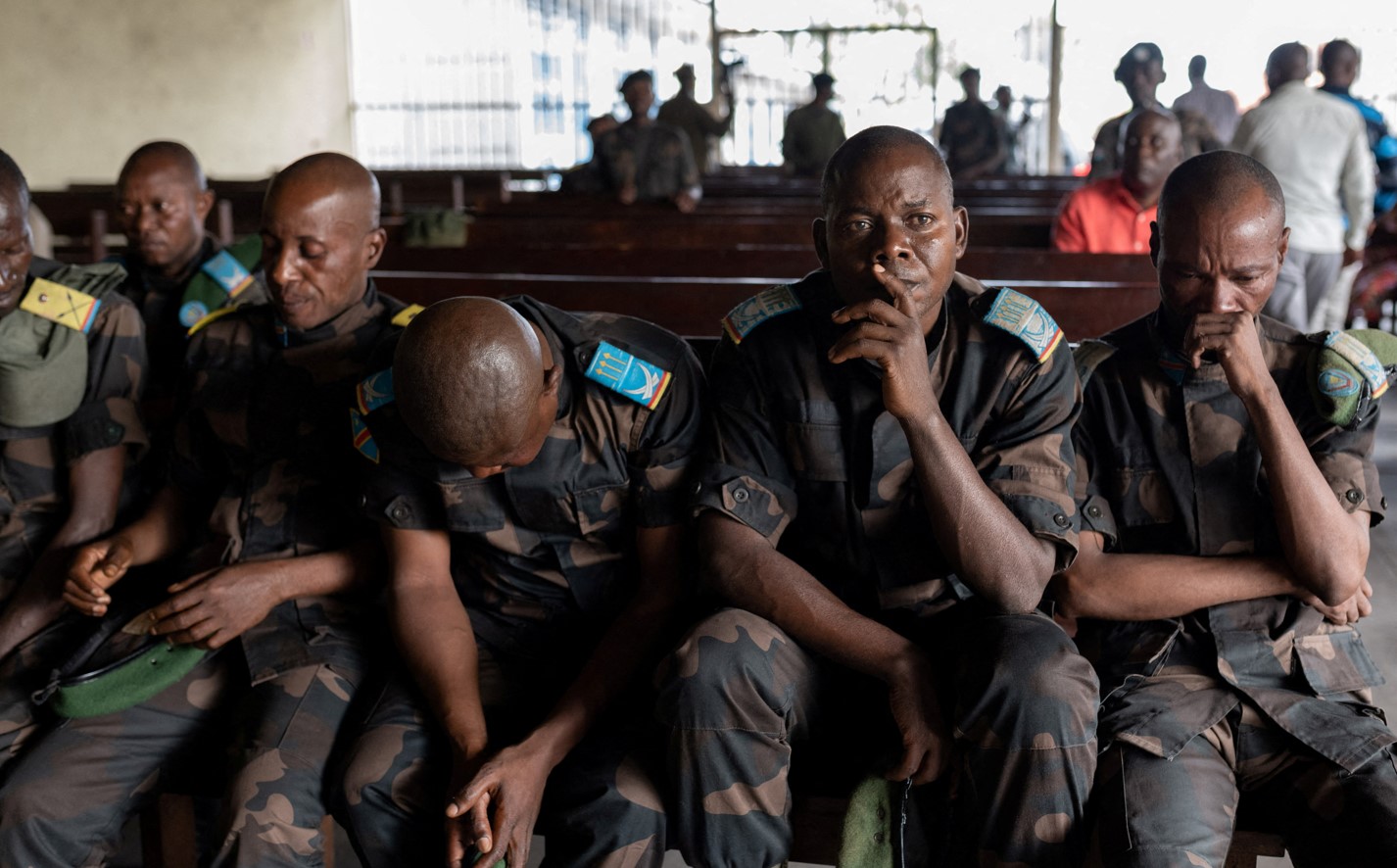
A military tribunal was set up in Alimbongo on Wednesday to try them and the magistrate sentenced 25 to death for theft, fleeing the enemy, and violating orders, among other charges.
Twenty-five soldiers have been sentenced to death by a military tribunal in the Democratic Republic of Congo for fleeing battles against M23 rebels and theft, their lawyer and an army spokesman said on Thursday.
Congo's army has been fighting the Rwanda-backed M23 insurgency for more than two years, as well as facing other militia violence, with around 2.7 million people displaced within North Kivu province. The rebels advanced into strategically important territory last week.
More To Read
- DR Congo conflict: Why peace talks with M23 rebels are stalling despite Doha deal
- DR Congo: UN condemns deadly attacks in the east of the country
- M23 casts doubt on DRC peace efforts after skipping Qatar talks
- Kenya clarifies nomination of Consul-General to Goma following pushback from DRC
- Madagascar President Andry Rajoelina takes over SADC chairmanship amid Congo crisis
- DRC rejects Kenya’s consul appointment to Goma, citing International law
On Tuesday, the army detained 27 soldiers after they abandoned their positions in the villages of Keseghe and Matembe in the province. Army spokesman Reagan Mbuyi Kalonji said the runaways were found stealing goods from shops in the nearby village of Alimbongo.
They were detained along with four of their wives, who were staying in the village and who received the looted goods, Kalonji said.
A military tribunal was set up in Alimbongo on Wednesday to try them and the magistrate sentenced 25 to death for theft, fleeing the enemy, and violating orders, among other charges.
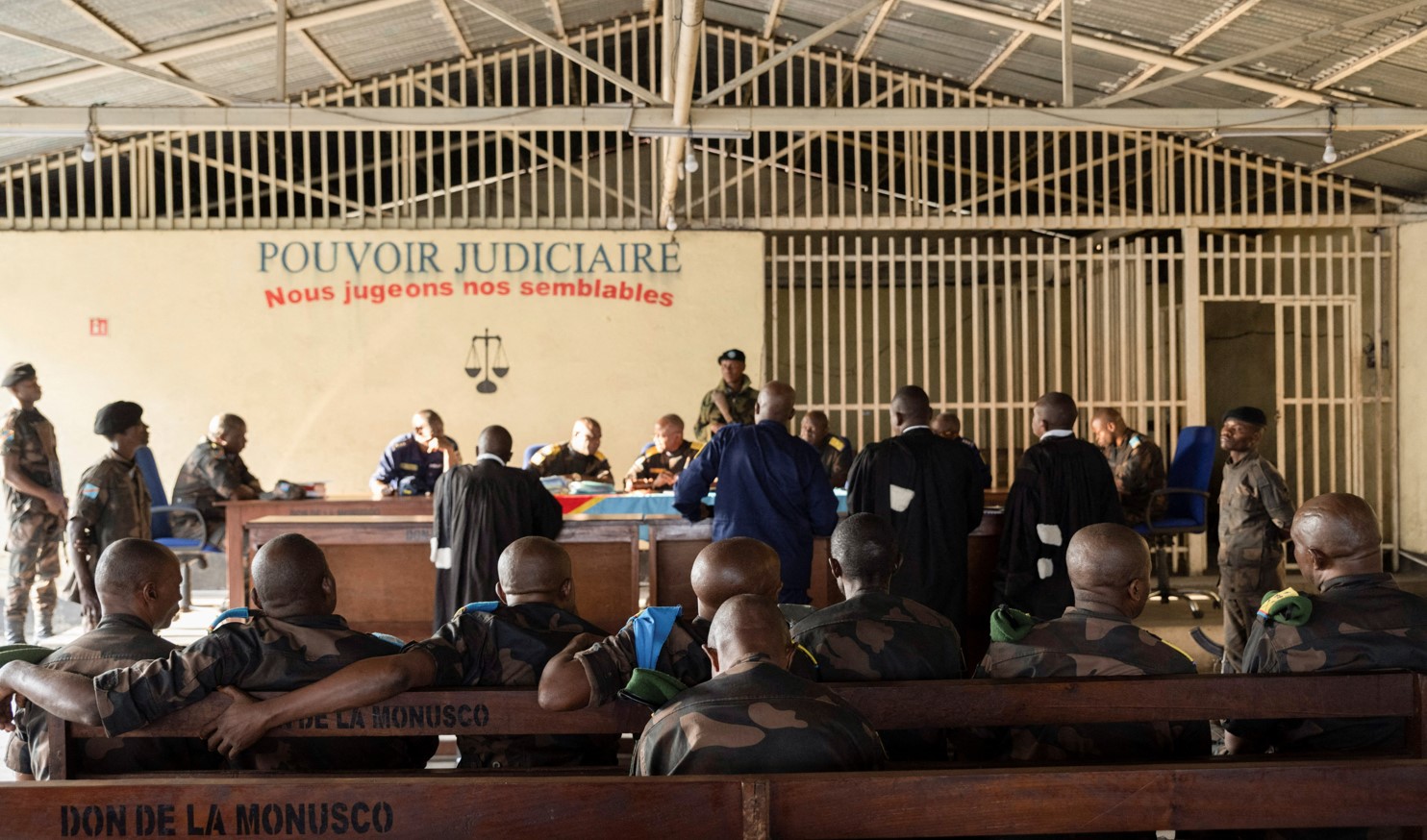 Members of the Congolese army sentenced to death for desertion and cowardice when fighting M23 rebels sit inside the military courtroom during their trial in Goma, North Kivu province, Democratic Republic of Congo, May 3, 2024. REUTERS
Members of the Congolese army sentenced to death for desertion and cowardice when fighting M23 rebels sit inside the military courtroom during their trial in Goma, North Kivu province, Democratic Republic of Congo, May 3, 2024. REUTERS
One soldier was handed a 10-year prison sentence while the four wives and another soldier were acquitted.
All denied the charges, aside from one of the 25, who pleaded guilty.
Their lawyer, Jules Muvweko, said he would appeal the verdict.
Congo's military, long blighted with internal divisions, insufficient resources, poor logistics and the country's endemic corruption, has become acutely dysfunctional in this crisis.
Eight officers were sentenced to death in May for cowardice and other crimes, exposing damaging disarray in Congo's armed forces which has been hobbling the fight against M23, army officers told Reuters.
Congo lifted a moratorium on the death penalty in March, citing treachery and espionage in recurring armed conflicts as the reason.
The central African country had introduced the moratorium on the death penalty in early 2000 but had never abolished it.
Other Topics To Read
Top Stories Today
- Live blog: Governor Erick Mutai’s impeachment trial enters third day
- Kenya losing over Sh600 billion in stalled public projects, says PMI
- Government to allow raw sugar imports to ease 400,000 metric tonne shortage
- MPs launch probe into kidney transplants on foreign nationals in Eldoret hospitals
- Teachers who resigned or were dismissed after April 2018 eligible for pension, says TSC
- Felix Koskei urges coordinated communication in State agencies to curb misinformation









